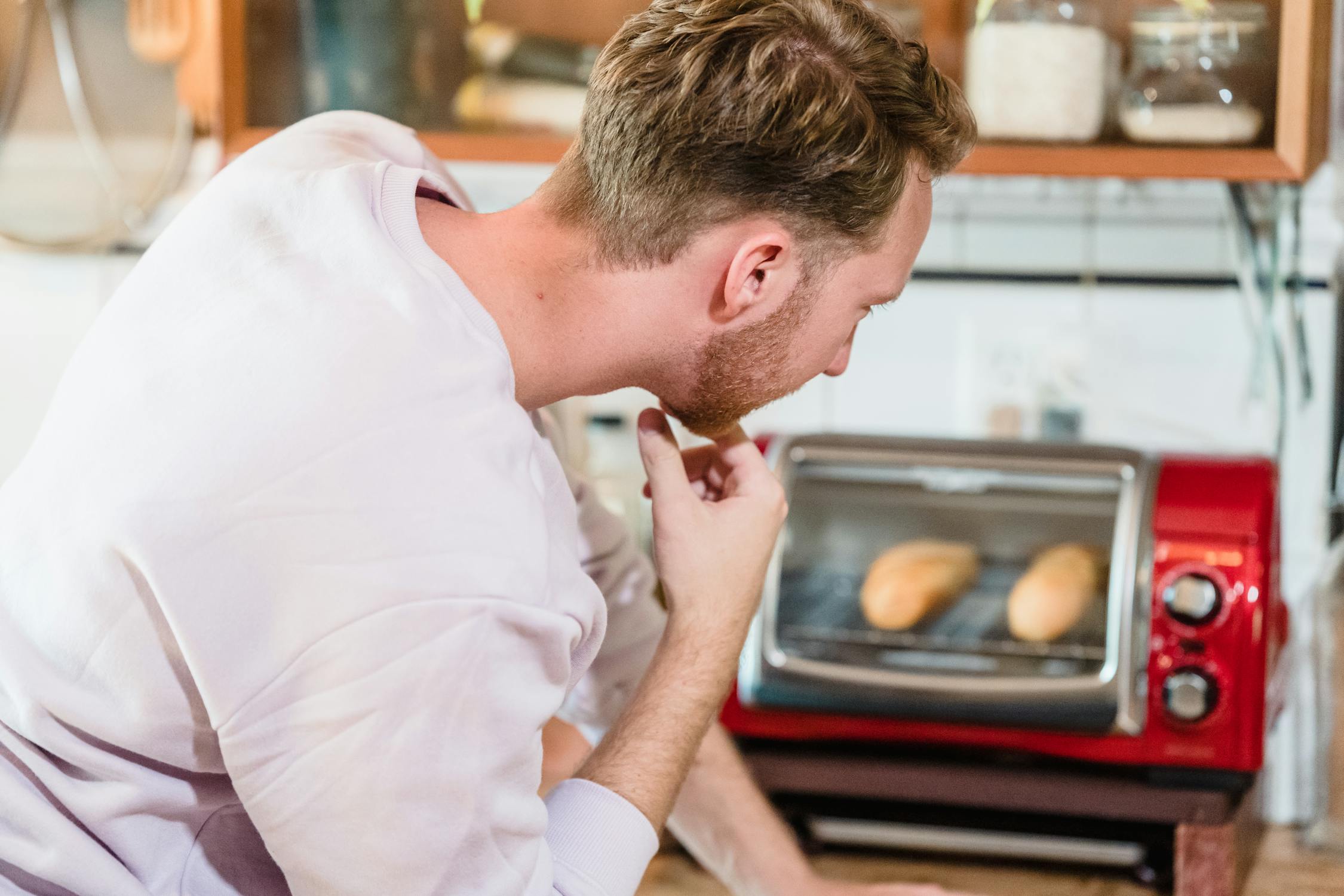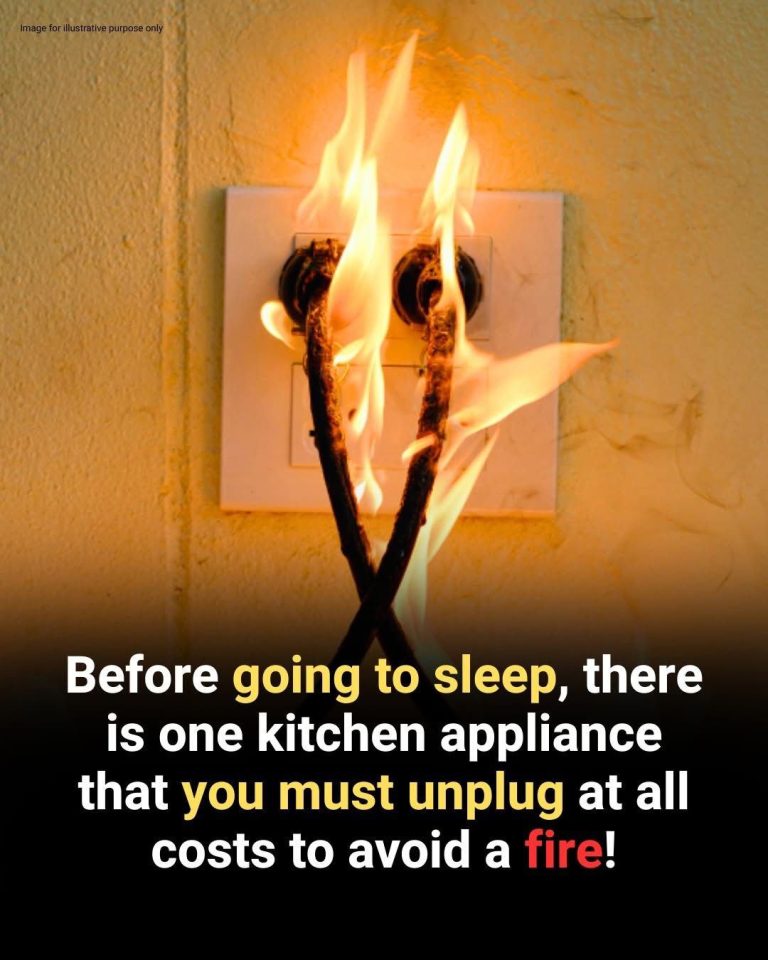ADVERTISEMENT
When you unplug appliances after using them, you’re not just saving a bit on your electricity bill—you’re also reducing fire risks and extending the lifespan of your devices. Many household items continue to draw power even when turned off, a phenomenon known as phantom or standby power. Over time, this can add up, both in terms of energy consumption and potential hazards. Energy experts estimate that standby power can account for up to 10 percent of household electricity use. Unplugging appliances is also a smart way to protect your electronics during storms or power surges. It takes little effort and offers long-term benefits. Let’s look at five common appliances you should always unplug when not in use. Plus, we’ll share tips to keep your home safer overall.
1. Toasters and Toaster Ovens

Toasters and toaster ovens are found in most kitchens and used regularly, but they also come with surprising risks. When crumbs build up inside the toaster, they can catch fire if the appliance malfunctions or overheats. Leaving it plugged in also lets it keep drawing electricity, which is a waste if it’s not being used. That energy waste adds up, especially over the course of a year. A power surge or damaged plug can cause the unit to spark or short out. If flammable materials are nearby, like paper towels or plastic wrappers, it becomes an even bigger risk. Some older toasters don’t have modern safety features, making them more likely to overheat or catch fire. It’s also easy to forget that the heating coils may still be warm long after use. Unplugging and cleaning your toaster regularly can save you from future problems. This quick habit boosts kitchen safety and helps your toaster last longer.
2. Coffee Makers

Coffee makers are convenient, but they come with a hidden cost. Many models keep drawing electricity to power their built-in clocks or keep water warm for quick brewing. That constant power use affects your utility bill over time. It also adds stress on the internal components, especially if the machine runs for hours daily. If a heating element fails while it’s still plugged in, it can start to overheat. That could lead to smoke or, in the worst case, a fire. Coffee makers are often placed near curtains or paper items, which can catch fire quickly. Unplugging your coffee maker after use helps prevent this and saves energy at the same time. Some people assume the auto-shutoff is enough, but that only stops brewing—it doesn’t stop energy flow. Getting in the habit of unplugging it keeps your mornings safer and your machine working better.
See More on Next Page
ADVERTISEMENT
